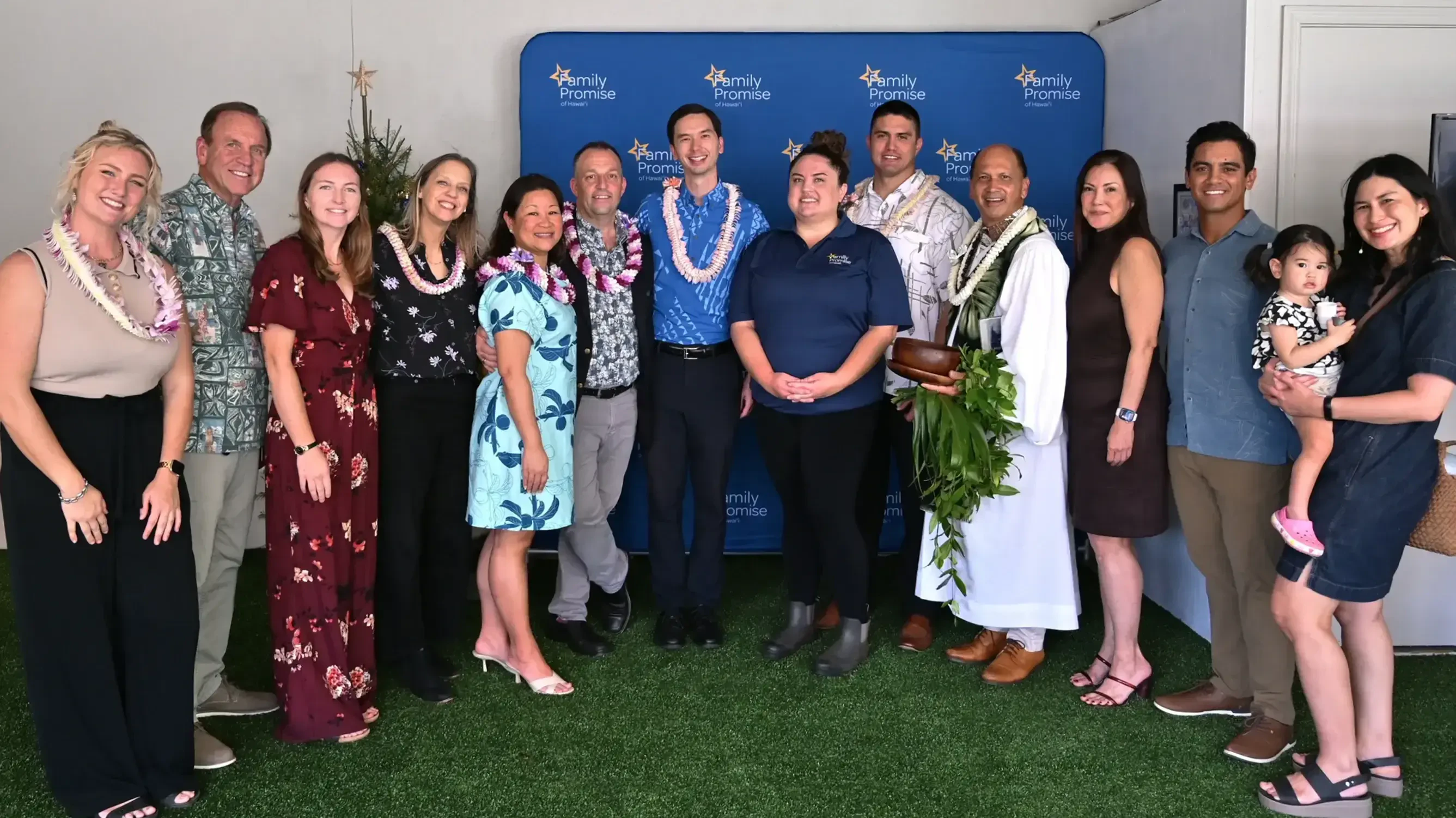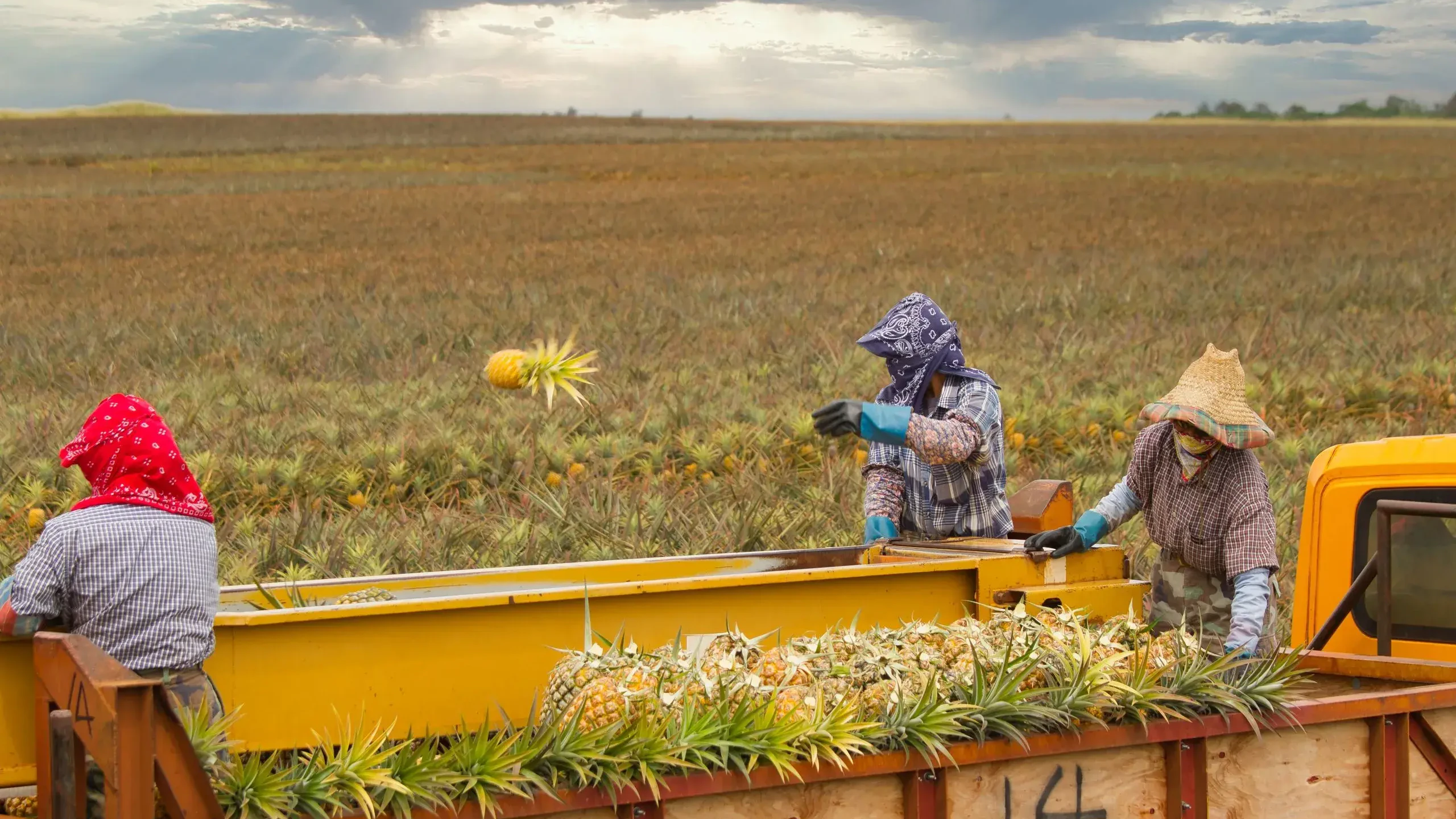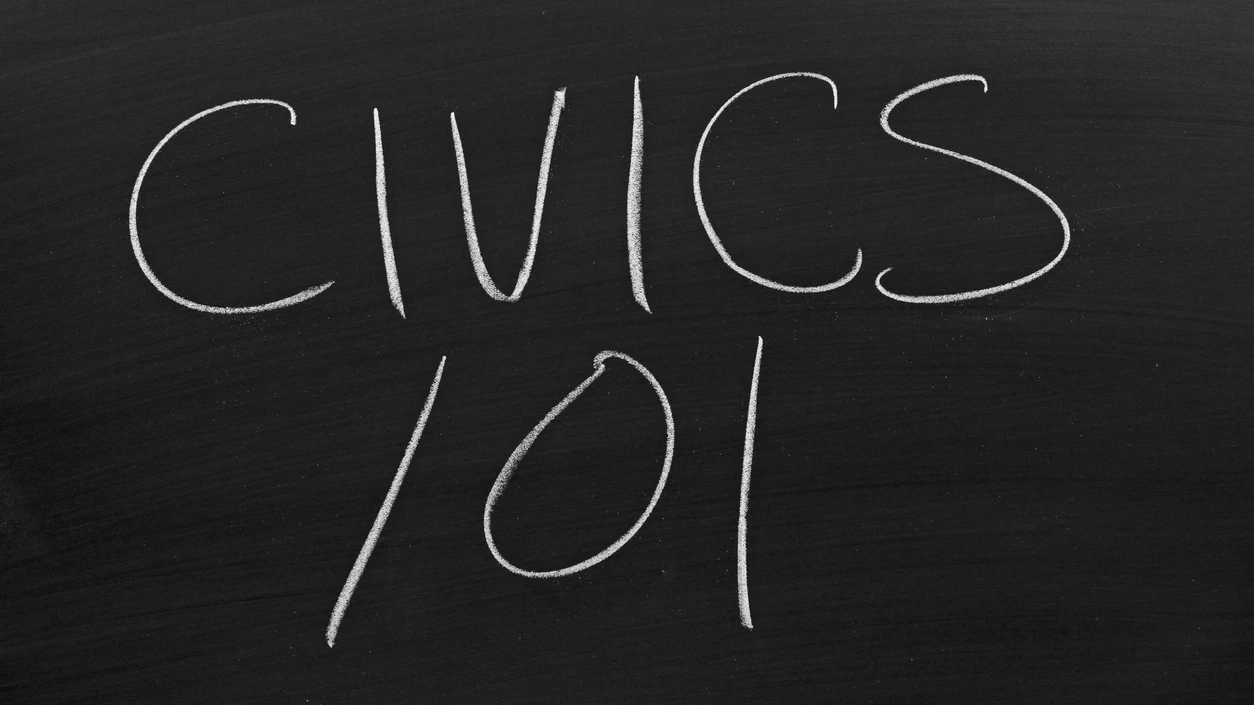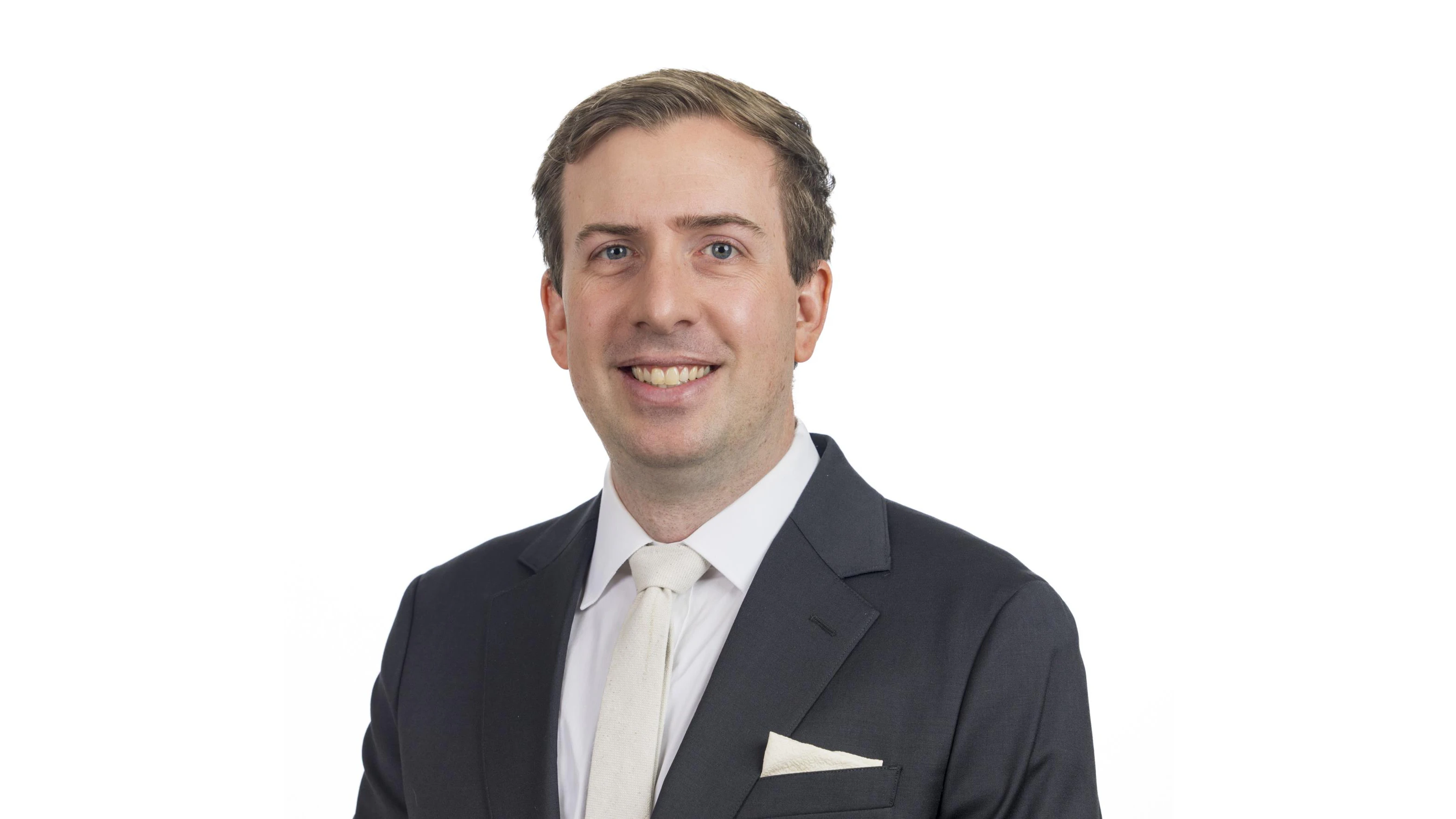Innovative ideas. Resources. Community connection. Ending homelessness.
This was what nearly 200 attendees of Family Promise of Hawaiʻi’s first-ever Childhood Homelessness Symposium said they hoped to gain from Tuesday’s event held at Queen’s Conference Center in Honolulu.
Family Promise of Hawaiʻi is a local nonprofit that aims to transform the lives of families on Oʻahu and Maui by providing housing resources and support.
“By coming together and hearing ideas and solutions from both local and national speakers, we can address and end family homelessness,” Executive Director Ryan Catalani told Aloha State Daily ahead of the event. “This is the first time we’re doing this symposium, and as far as we know, the first time that there has been an event like this that is specifically focused on childhood homelessness in the state.”
“We exceeded our registration goals,” he continued, adding that attendees traveled from other islands, as well as the Mainland.
Topics ranged from homelessness among Native Hawaiians and Pacific Islanders, strengthening families and building resilience, affordable housing, early childhood educations and more. Event sponsors included The Queen’s Health Systems and Hawaiʻi Community Foundation.
“What I appreciate about working at Family Promise is that we can see daily that change is possible. Every day we are improving the lives of children and their family for the better – one family at a time,” Catalani said. “Over the course of the year, that translates to hundreds of families. Last year, we served the most families we’ve ever served in a single year: About 700 families, or 2,000 individuals.”
He credited his team on Maui, now comprised of 14 case managers who are still addressing impacts from the 2023 Lahaina wildfire, in addition to serving the community at-large, which “comes together to provide support in so many different ways to make change possible.”
ASD spent part of the morning at the symposium. Here are three strategies we heard:
CARE: “Give the land to the people, so that the people can steward the land, grow their own food and take care of the people living on it,” said Aunty Blanche McMillan of Hui Mahiʻai ʻĀina in Waimānalo. She listed some of the reasons Native Hawaiians struggle with homelessness. “Cost is high, rent is high, we need to stop that so people can afford it." Her solution? "Walk the talk. We can fight the problem if we put our brains together. Give your heart to people, welcome and love them. Believe in yourself and let God show you the way.”
CASH: Gwen Battis, project manager of Denver Basic Income Project, shared that the Colorado-based organization has dispersed $10.8 million in direct cash to 800 families. The project’s transformative cash playbook was released last month and further research will be released in July.
CULTURE: Josie Howard, CEO of We are Oceania, spoke from the perspective of the Micronesian community Hawaiʻi. “In Micronesia, there is no homelessness and the reason is the culture. In our culture, family is our clan – our home – and we have the land of our ancestors. The government doesn't own it,” she said, adding that here, Native Hawaiians and Pacific Islanders are being displaced in their own home. Despite the challenges, Howard said sheʻs seen local families on the streets smile and show aloha to each other. "The culture sustains us and helps us wherever we go."
Kelsey Kukaua Medeiros can be reached at kelsey@alohastatedaily.com.





